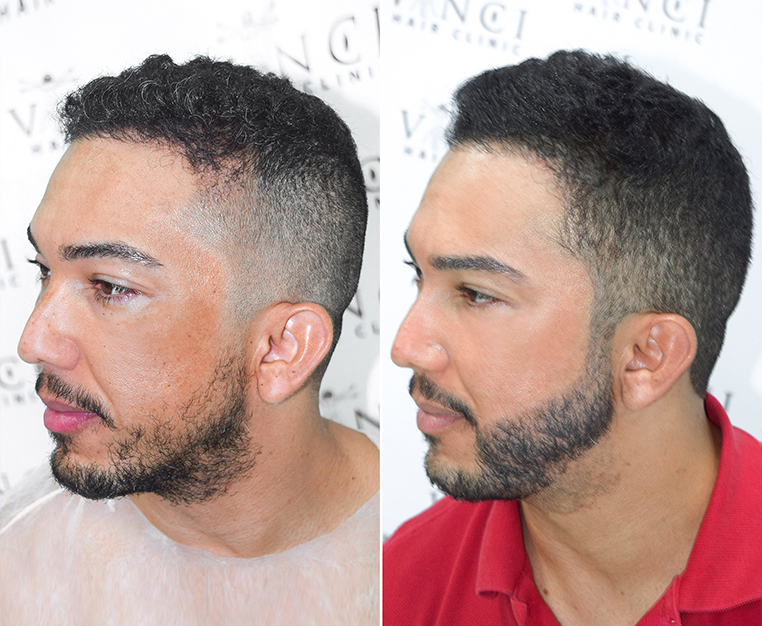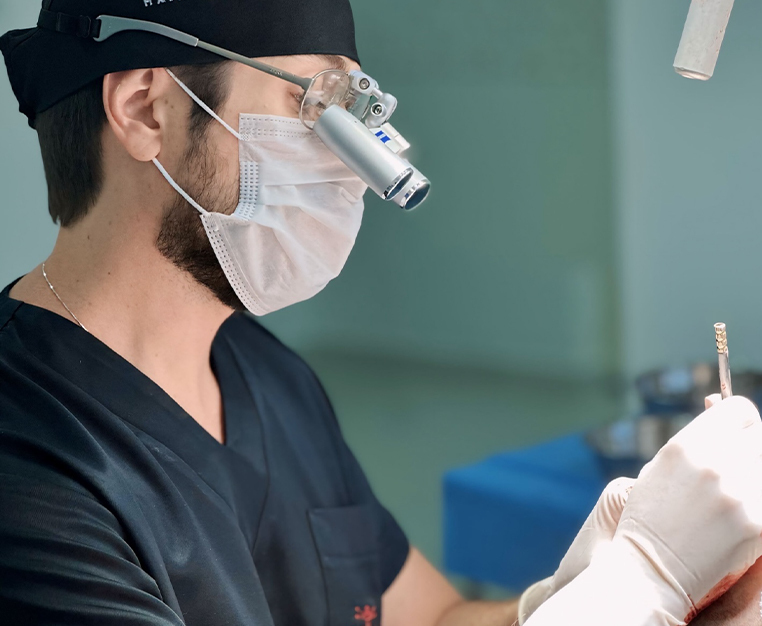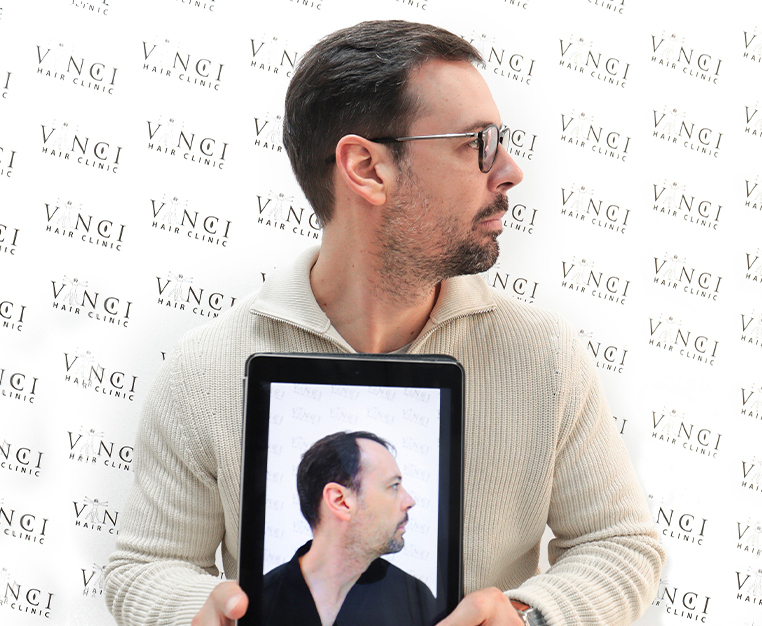Iron deficiency can be a serious problem. It’s the main cause of anaemia, a condition in which your body is low in the healthy red blood cells that carry oxygen around the body. The chief symptoms of the condition are a pale complexion, feeling lethargic, heart palpitations and shortness of breath. Left untreated, the condition can result in heart failure.
Iron deficiency can have some lesser-known consequences. One of these is hair loss. Keep reading to find out how this works and what you can do to prevent it!
What is Iron Deficiency?
Iron deficiency is, as the name suggests, a lack of iron in your bloodstream. When the level of iron in your system falls to critical levels, it causes iron deficiency anaemia. This is when your red blood cell count is too low to carry oxygen around your body. Iron deficiency can be caused by blood loss, pregnancy or a diet lacking in iron-rich foods. In terms of the groups most affected by the condition, pre-menopausal women feature high on the list.
Hair loss is not one of the major symptoms of iron deficiency, but there is a link. A study carried out by Korean researchers in 2013 demonstrated a connection between a lack of iron and female pattern hair loss. The study concluded ‘that iron deficiency can be a certain factor of developing or worsening female pattern hair loss, especially in premenopausal female patients.’ The case for iron deficiency being a factor in male pattern hair loss is less clear, but the study recommended that screening for the condition should be a feature of any hair loss evaluation regardless of gender.
Why Does it Cause Hair Loss?
We know that hair loss is strongly linked to poor dietary choices. Without an adequate supply of iron, the body cannot produce haemoglobin, the protein that transports oxygen to cells and tissues. This affects cell repair and regeneration, including the regeneration of cells that stimulate hair growth. The result of this is that hair we lose every day as part of the normal hair growth cycle doesn’t get replaced. This kind of hair loss does no long-term damage to the hair follicles, so it’s reversible with the right treatment.
Treatment
There are several options available for treating hair loss connected to iron deficiency. The first involves a change of diet – more of which below – and a course of supplements. Once the iron deficiency in your system is corrected, you should see your hair starting to grow as it did before. Head massages are also a good way of stimulating blood flow to the scalp, allowing much-needed nutrients and oxygen to reach the hair follicles.
In some circumstances, more formal treatments and procedures may be required. Medications like minoxidil and finasteride are widely used to halt hair loss and stimulate regrowth, while platelet injections into the scalp can also produce positive results.
Foods Rich in Iron
Choosing to eat a diet rich in iron is the simplest (and most enjoyable) way of avoiding iron deficiency. The following foods all make the ‘iron-rich list’ but they are provided here with a word of caution; pregnant women should obtain a separate diet sheet from their doctor or pre-natal advisor, as some of the foods recommended here may not be suitable for them.
Liver is one such example. Rich in iron, it’s also high in Vitamin A which can be harmful to unborn babies. Red meat is another good source of iron, as are red kidney beans and chickpeas. Nuts are good, while fortified breakfast cereals are packed with iron and are a great way to start your day. Meals containing brown rice, eggs and dried fruit are all recommended.
How Much Iron Do I Need?
The recommended daily intake of iron is 8.7mg a day for men over eighteen and post-menopausal women. For women between the ages of nineteen and fifty, the recommended figure rises to 14.8mg. You should be able to get these amounts from your normal diet if you’re eating a healthy, balanced range of foods. Too much iron (over 20 mg) can cause nausea and constipation, so don’t start on a course of iron supplements without first consulting your doctor.
Conclusion
Iron deficiency is a serious health condition. If you experience any of the symptoms mentioned above, you should see a doctor immediately. Prevention is always better than cure, however, so ensure your diet is rich in iron to head off any problems, including hair loss.
Early intervention is a good strategy in most things, and that’s certainly the case with hair loss or thinning. If you’re worried that you’re losing more hair than usual, contact Vinci Hair Clinic for some expert advice. We’re one of the largest hair restoration organisations in the world with clinics across the globe. We offer a free, no-obligation consultation to all our new clients. Contact us today and book your appointment!





